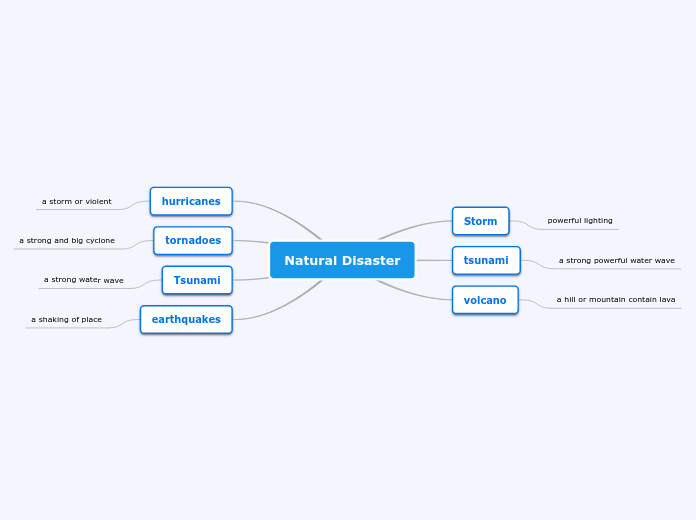arabera Charlotte Moore 12 years ago
1691
Rising Sea Levels - Climate Change
Sea levels are rising globally due to factors such as thermal expansion, melting glaciers, and the loss of ice in Greenland and West Antarctica. The burning of fossil fuels has increased heat-trapping gases in the atmosphere, leading to higher surface temperatures and causing oceans to absorb most of this heat.









